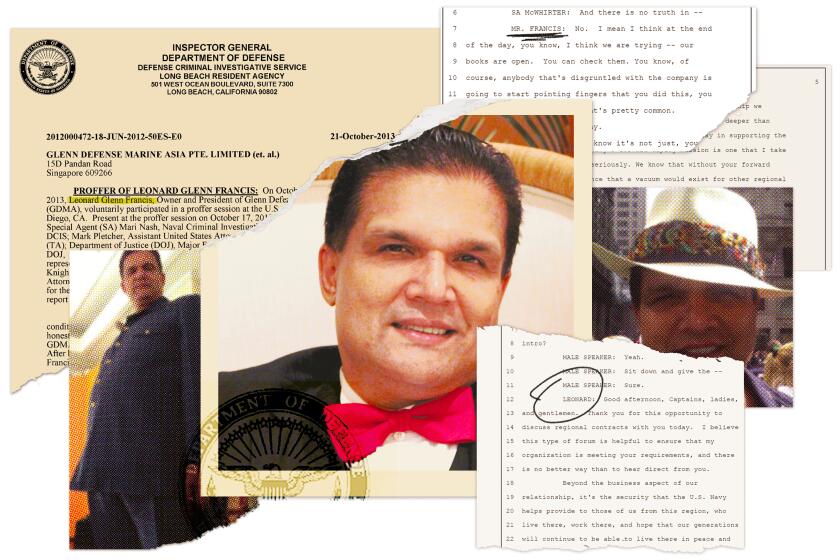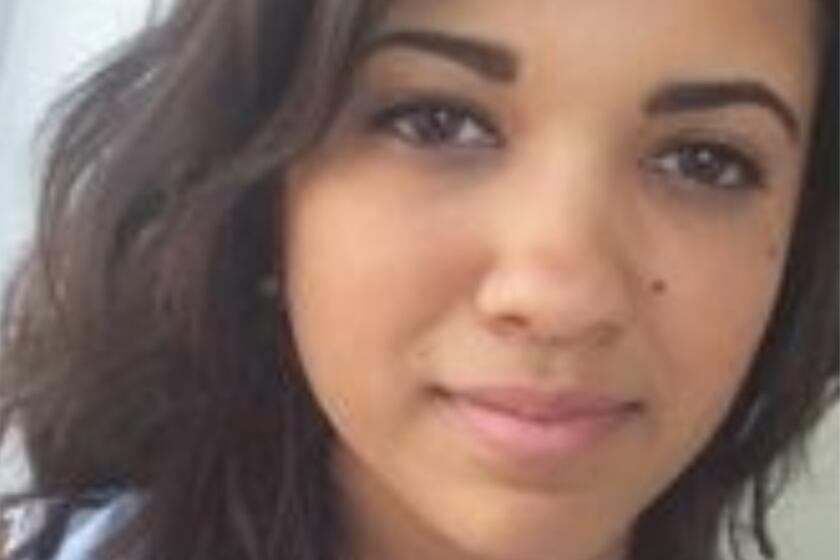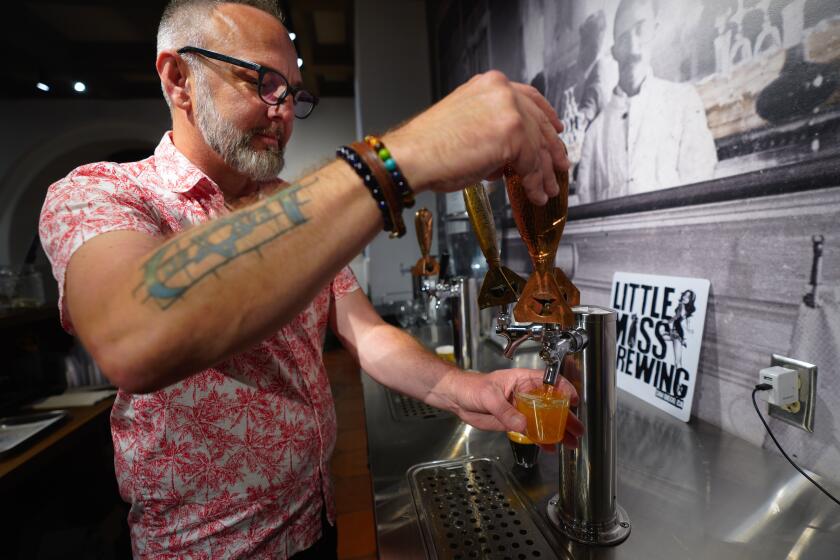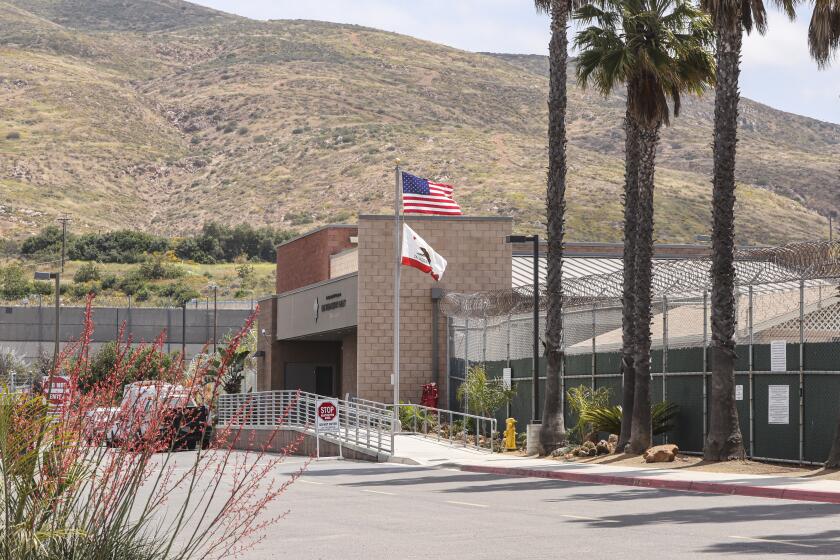Police group leader apologizes for ‘mistreatment’ of minorities
The leader of the nation’s largest police organization issued an extraordinary statement Monday apologizing for the “historical mistreatment of communities of color” by police agencies.
Speaking at the International Association of Chiefs of Police annual meeting in San Diego, Chief Terrence M. Cunningham of Massachusetts also called on police and the swelling number of protesters to work together to break “this historic cycle of mistrust” that has plagued relations between law enforcement and minority communities.
>> Database has info on 383 police shootings in San Diego County
Cunningham made his remarks at the General Assembly for the association, which has been meeting at the San Diego Convention Center since Saturday. It will wrap up its annual conference Tuesday.
His apology on behalf of an organization that has a membership of more than 20,000 police officials comes at a fraught time of relations between law enforcement and local communities in the wake of controversial police shootings, most involving African-American men.
The remarks were welcomed by local law enforcement leaders, but drew a mixed response from civil rights leaders at the forefront of recent protests in El Cajon over the Sept. 27 police shooting of Alfred Olango, who was black. The incident led to street protests in the East County city that are continuing.
Dr. Andre Branch, president of the San Diego branch of the NAACP civil rights organization, said he was glad Cunningham appeared to be taking responsibility for what what Branch said were “horrific acts against people of color” historically by police departments.
Yet he said such an apology was diluted because it was unclear what Cunningham was apologizing for, or for what period of time.
“What specific action of the past is he referring to?” Branch said. “Excessive force? Illegal stops by law enforcement? Fatalities of African-Americans in police encounters?
“One would want to know before we start jumping up and down and getting excited about an apology, is he referring to historical treatment of people of color as last week? Or last month? Or the last century?”
Cunningham, the chief of Wellesley, Mass., also called on police critics to take steps to improve relations by not blaming officers who are currently serving for the mistakes and errors of the past.
He said the questioning of police actions has undermined trust between cops and communities. He then referred both to the hard and honorable work of police — “a noble profession” — and acknowledged “the history of policing has also had darker periods.”
He said police have been required to carry out discriminatory laws and policies, and too often have become what Cunningham called “the face of oppression” to non-white communities nationally.That built a generational history of mistrust, he said.
He called for a change in that dynamic in the future — then issued an apology.
“For our part, the first step in this process is for law enforcement and the IACP to acknowledge and apologize for the actions of the past and the role that our profession has played in society’s historical mistreatment of communities of color,” he said..”At the same time, those who denounce the police must also acknowledge that today’s officers are not to blame for the injustices of the past. If either side in this debate fails to acknowledge these fundamental truths, we will be unlikely to move past them.”
His remarks were greeted with applause inside the convention center hall where he spoke. In a statement, San Diego County Sheriff Bill Gore said the comments were insightful and thought-provoking.
“We, in law enforcement must acknowledge that we were the face of many discriminatory laws passed at all levels of government,” he said. “It should also be recognized these laws do not exist any longer, and the police officers of today are not responsible for the injustices of yesterday.”
The Rev. Shane Harris, president of the National Action Network in San Diego that had been at the forefront of protests over the Olango shooting, said Cunningham’s statement was significant.
“It’s a game-changer in policing,” he said. “It’s a huge step for someone of his caliber and leadership of that organization. I hope that what he has said will spark the nerve and the guts of other chiefs and police unions to admit there is an issue in policing today.”
On the same day Cunningham spoke, the NAACP filed a lawsuit in federal court against El Cajon police and the Sheriff’s Department for violating the free speech rights of 14 protesters when they broke up demonstrations over the Olango shooting.
Olango, 38, was shot four times and Tasered once by two El Cajon officers in a taco shop parking lot. Police were called by family members who said Olango was acting strangely. They fired when he assumed a shooting stance and pointed a silver colored vaping device at them as they confronted him.
The shooting, captured on videotape, remains under investigation.
In a statement about Cunningham’s remarks, San Diego Police Chief Shelley Zimmerman said, “The best way for our country to improve community police relations is to acknowledge our past, gain a better understanding of each others’ viewpoints, and find a common path forward for better relationships.”
Twitter: @gregmoran




